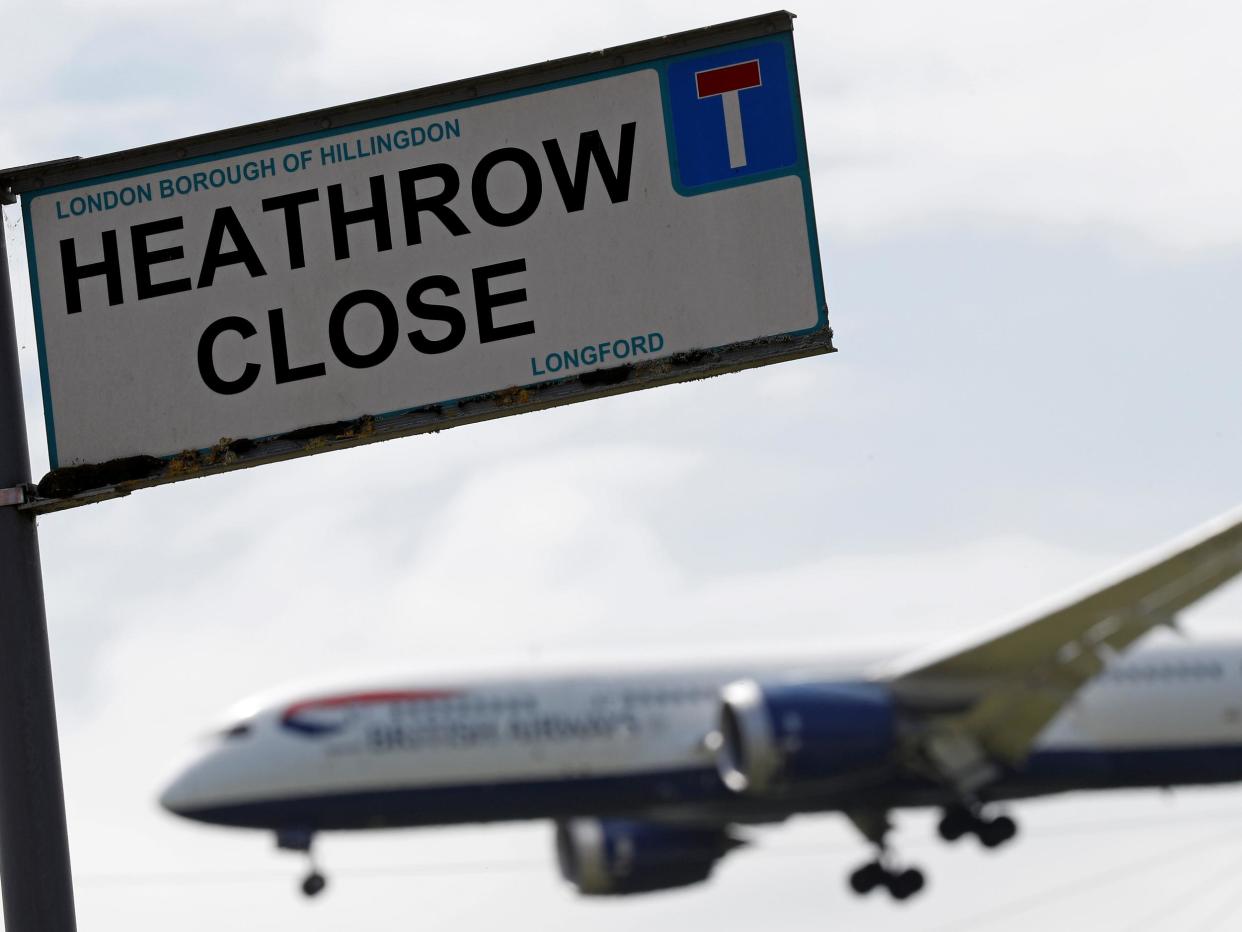Shipping and airline travel must be eliminated in their current forms to stop climate change, scientists warn

Airline travel and long-haul shipping are among the “tough-nut” sectors that will require a radical rethink if humanity is to stand any chance of avoiding climate catastrophe.
The world has made significant progress in its efforts to reduce greenhouse emissions, but predictably some of the hardest industries to decarbonise have been left largely untouched, according to a new analysis.
Many of these industries currently lack viable alternatives, and will therefore require major investments to get them off the ground and reach the target of zero emissions in the coming decades.
The findings come after the Committee on Climate Change issued a damning report in which it said virtually every part of the UK economy had failed to take steps towards reducing emissions.
While great strides have been made towards making British electricity renewable, transport, construction and other high-polluting sectors had made little effort to meet the nation’s climate targets.
This is a pattern that can be seen around the world, according to the authors of the new study, with key sectors like air travel, shipping and steel and cement manufacture falling behind.
"For better or worse, the long-lived infrastructure built today will shape the future," said Dr Steve Davis, a University of California earth system scientist and lawyer who led the new study published in the journal Science.
"We're making good progress on things like the cost of solar panels and electric vehicles, but we need to start tackling the more difficult sectors as well.
“These include products and services that are essential to modern society, so we need to figure out how to provide them without added carbon dioxide."
Taken together these sources account for over a quarter of carbon dioxide emissions, and demand for all of them is only set to rise.
Transport secretary Chris Grayling justified the recent decision to expand Heathrow Airport by stating that new technologies would reduce emissions from air transport in the near future.
However, the reality is that for the most part there are no affordable technological solutions ready to address these kinds of heavy-duty emissions.
"Taken together, these 'tough-nut' sources make up a significant percentage of global emissions," said co Dr Ken Caldeira of Carnegie Science, one of the study’s co-authors.
"To truly address them will demand coordination and integration across industries."
Future solutions suggested by the scientists include energy dense hydrogen or ammonia-based fuels for aviation and shipping, and effective tools to capture and store carbon emissions.
The scientists said the cost of implementing and scaling up these technologies will be significant, but necessary if the world is to avoid the worst effects of climate change.
"We don't have a crystal ball to foresee what technologies will exist a century from now," said Dr Caldeira.
"But we know that people will want buildings, transportation and other energy services and we can try to design our energy system so that it is able to take advantage of new inventions as they come along."

 Yahoo News
Yahoo News 
